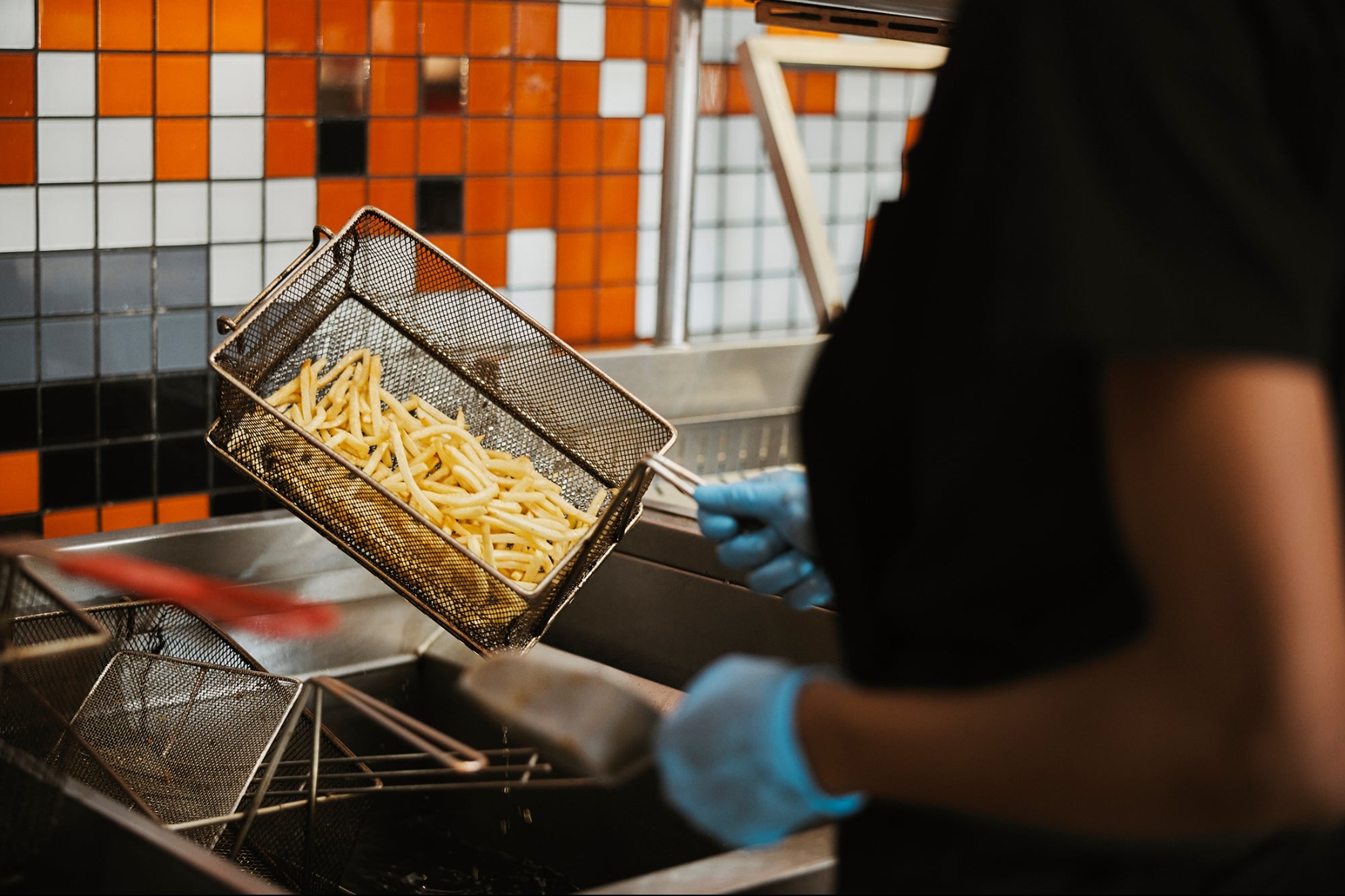Investing
How California’s $20 Minimum Wage Is Changing Franchising

It’s still too early to fully understand the long-term impact, but California’s new $20 minimum wage for fast-food workers is beginning to show its effects. Several chains have raised their prices in response to the wage increase, which has now led to a noticeable decline in foot traffic.
Data from Placer.ai reveals that year-over-year visit trends for California’s quick-service segment were slightly ahead of national averages in February and March. However, after the wage hike on April 1, national visit trends outpaced California’s for seven out of eight weeks in April and May.
Related: Considering franchise ownership? Get started now to find your personalized list of franchises that match your lifestyle, interests and budget.
Minimum wage hike
The Fast Food Franchisor Responsibility Act, which raised the minimum wage for fast-food workers in California to $20, went into effect on April 1 and applies to fast-food restaurants characterized by specific criteria. To fall under this category, a restaurant must operate as a “limited-service restaurant,” with minimal-to-no table service, and customers typically order and pay for their food or beverages before consuming them.
The wage increase represents a nuanced compromise between the fast-food industry and labor unions following nearly two years of negotiations marked by confidentiality agreements and strategic concessions. It reflects a significant shift in the landscape of labor rights and economic policy in California and could serve as a benchmark for other states contemplating similar measures.
Related: Find Out Which Brands Have Ranked on the Franchise 500 for Longest, Earning a Spot In our New ‘Hall of Fame’
Price increases, layoffs
Since April, several chains have raised their menu prices, while some operators have vowed not to consider the state for expansion. In January, two California-based Pizza Hut franchisees laid off delivery workers ahead of the hike.
Last month, one chain, Rubio’s Coastal Grill, closed 48 locations in California due to the high cost of operating in the state.
“Making the decision to close a store is never an easy one,” the brand said in a statement. “The closings were brought about by the rising cost of doing business in California. While painful, the store closures are a necessary step in our strategic long-term plan to position Rubio’s for success.”
The Placer.ai analysis of McDonald’s, which has about 9% of its domestic system in California, shows that, while its traffic matched national trends in February and March, it underperformed by almost 250 basis points following the California wage increase.
Read more: Yahoo! Finance
Read the full article here

-

 Side Hustles5 days ago
Side Hustles5 days agoThis User-Friendly H&R Block Software Package is Only $40, While Supplies Last
-

 Investing5 days ago
Investing5 days agoTikTok faces US ban deadline as users brace for fallout By Reuters
-

 Passive Income4 days ago
Passive Income4 days agoTrain for a New Tech Career in 2025 With This $25 Course Bundle
-

 Personal Finance6 days ago
Personal Finance6 days agoDecember inflation clouds Fed's outlook on interest rate cuts
-

 Side Hustles6 days ago
Side Hustles6 days agoSupreme Court TikTok Ban: What to Know, January 19 Deadline
-

 Passive Income6 days ago
Passive Income6 days agoUse These ChatGPT Prompts to Boost Your Amazon Sales
-

 Investing4 days ago
Investing4 days agoAchieve Your Goals Faster With This Meditation App, Now 50% Off
-

 Make Money5 days ago
Make Money5 days ago7 Types of Jobs With Flexible Schedules — and 10 Companies Hiring


















